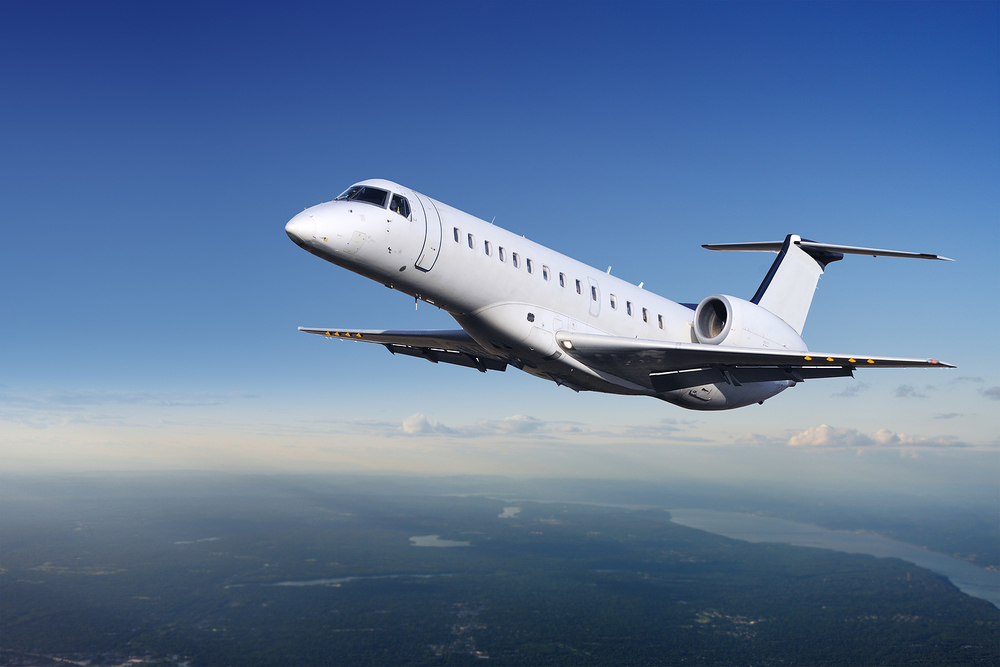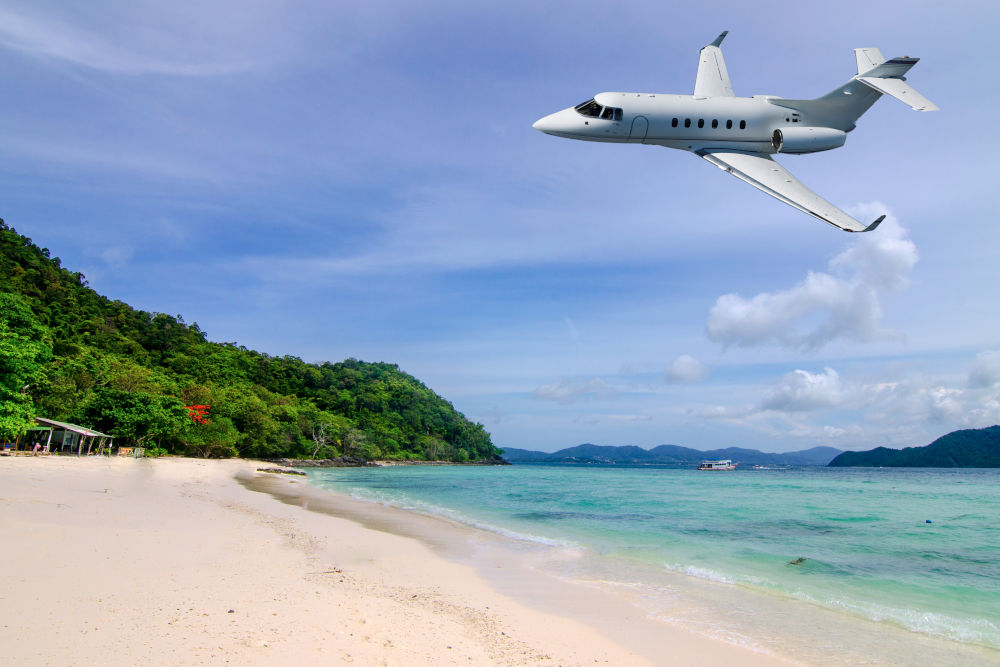Private jet charters have long been synonymous with luxury and convenience, catering to the elite who demand the highest standards of service and comfort.
But in today’s modern world, these same elite clientele are now more discerning than ever before, and thanks to a growing awareness around climate change, they’re increasingly seeking more sustainable ways to travel.
While once, that might have meant turning their backs on private air travel entirely, thankfully, it’s no longer necessary, and over the coming years, we can expect to see it become more sustainable than ever before. Despite the stigma that has commonly come with private air travel, the latest advancements have seen the industry revolutionised in a bid to keep up with these changing consumer attitudes and ensure that affluent travellers can continue to fly private with a clear conscience – allowing them to enjoy the best of both worlds.
The future of private jet charters is set to continue being shaped by innovations in sustainable fuel sources, eco-friendly practices, and groundbreaking technological developments, such as electric and autonomous aircraft.
We’re already seeing some exciting developments emerging, but in reality, this is just the beginning. Here, we take a look at some of the biggest trends that are changing the game in private jet travel for the better – and why your private jet rental company could be set to provide a more elevated experience in every way over the years ahead.

Innovations in sustainable fuel sources
The aviation industry has traditionally relied heavily on fossil fuels, contributing significantly to carbon emissions – and that includes private jet charters. In response to growing environmental concerns and regulatory pressures, there is a concerted effort to develop and adopt more sustainable fuel alternatives, and the good news is that change is finally happening.
One of the most promising developments in this area is Sustainable Aviation Fuel (SAF), which is produced from renewable resources such as waste oil, agricultural residues, and even algae. It has the potential to reduce lifecycle greenhouse gas emissions by up to 80 per cent compared to conventional jet fuel, and with major industry players, including private jet rental companies, like NetJets and Gulfstream now incorporating SAF into their operations in a bid to minimise their carbon emissions and setting a precedent for the industry, the future of aviation is looking greener.
In addition, the industry is also exploring the use of synthetic fuels created through processes that capture carbon dioxide from the atmosphere – which not only help in reducing the net carbon emissions but also ensure a sustainable supply chain, as they can be produced using renewable energy sources like wind and solar power.
Eco-friendly practices in private aviation
Beyond fuel innovation, private jet charters are adopting various eco-friendly practices to enhance sustainability. One such practice is carbon offsetting, where companies invest in environmental projects to compensate for the emissions produced by their flights, with projects often including reforestation, renewable energy development, and methane capture initiatives.
Another significant eco-friendly trend we’re seeing is the design and manufacture of more efficient aircraft. Modern jets are now being constructed using lightweight materials such as carbon fibre composites, which reduce overall weight and fuel consumption, and advancements in aerodynamics are also leading to aircraft that are more fuel-efficient and produce fewer emissions.

The rise of electric aircraft
While electric aircraft are currently in their infancy, rapid advancements in battery technology and electric motors are making them a viable option for short-haul flights.
Companies like Eviation and Pipistrel are leading the charge with their electric aircraft prototypes, with Eviation’s Alice designed to carry up to nine passengers on regional flights of up to 440 nautical miles on a single charge.
Hybrid-electric aircraft, which combine conventional engines with electric propulsion, are also gaining traction and offer the flexibility of longer range while still benefiting from the efficiency and lower emissions of electric power.
Autonomous aircraft: The next frontier
The concept of autonomous aircraft is another groundbreaking advancement that could be set to revolutionise private jet charters sooner than you might think. Autonomous aircraft leverage artificial intelligence, advanced sensors, and machine learning algorithms to operate without human pilots, which is perhaps a slightly more unnerving development, but an impressive one nonetheless.
Several companies and organisations across the globe are actively researching and developing autonomous flight technology, with Boeing’s subsidiary, Aurora Flight Sciences, already known to be working on autonomous flight systems for both commercial and private aviation. These systems are designed to handle complex flight tasks, from takeoff to landing, with minimal human intervention, propelling private air travel firmly into the future.

The synergy of sustainability and technology
As the industry adopts more sustainable practices and cutting-edge technologies, it will not only reduce its environmental impact but also offer new levels of convenience, efficiency, and safety to travellers.
For the discerning clientele of private jet charters, these developments mean more environmentally responsible travel options without compromising on luxury and performance, which considering the growing demand for more sustainable options tailored to the elite, isn’t a moment too soon.
By embracing sustainable fuels, eco-friendly practices, electric propulsion, and autonomous systems, the private aviation industry is poised to lead the way in a new era of air travel. As these burgeoning trends continue to gain momentum, the future of private jet travel looks promising, and we can expect a greener, more innovative, and ultimately more enjoyable experience for all.






















